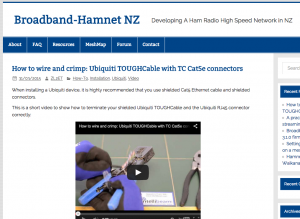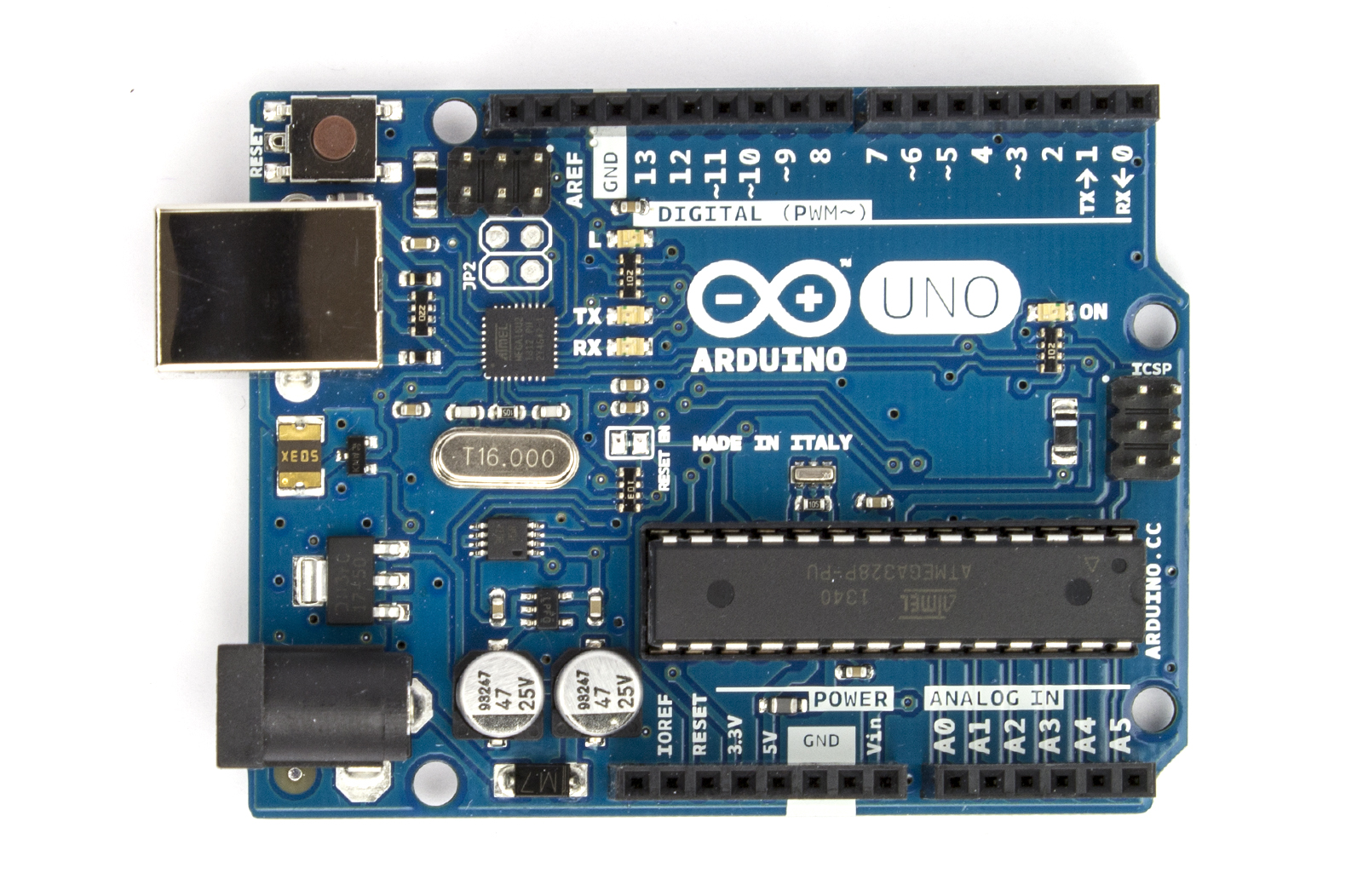Our last meeting on Wednesday 20 May built on the April meeting where we got the theory. The May meeting we got some insight into the practice … How to get Hamnet up and running at our own QTH.
James ZL2ET, Mike ZL1AXG, John ZL2HD and Bernard ZL2BD set up a multitude of Wi-Fi devices around the hall … then showed how the Amateur Radio software for these devices (each a node in a common network) could be used to do a variety of things – from checking on how many Wi-Fi links were out there (there are dozens in the building’s vicinity, and the display number grows as devices report on what they’re connected to) to a digital camera watching Col ZL2COL preparing supper out in the kitchen. In between James and Mike talked us through the control and application layers. These things are fast; the bulletin board software leaves Packet for dead!
There are a range of available devices (even using old Link Sys routers); with the right units and antennas line of sight contact over distances up to 15km is possible. Wellington’s problem is its hills and valleys, so more nodes are needed to propagate the signal.
A possible application (also being developed) is a “redundant” communications system for when the local civil defence network is compromised (in a major earthquake). Ham-net Wi-Fi using remote cameras might capture useful data for supply to the local authorities. With the Government moving to “social networks” for its emergency communications with the public in general, the possibilities for an Amateur Radio input appear endless.
Summary courtesy of Doug ZL2AOV
Also, check out James new ZL Hamnet website





